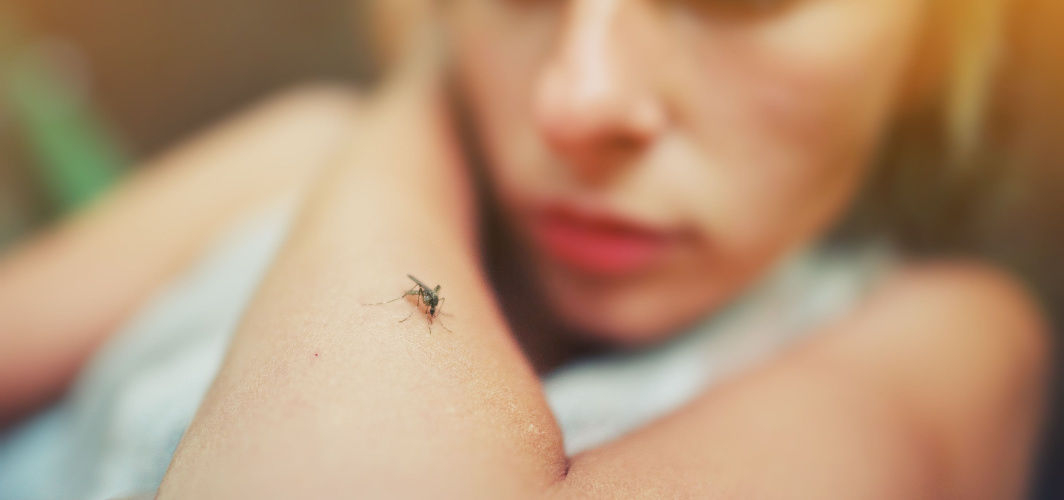General Health
The Science Behind the Twitching of Eyes
4 min read
By Apollo 24/7, Published on - 22 November 2021, Updated on - 01 October 2023
Share this article
0
96 likes

In many cultures, twitching of eyes is often associated with good fortune or a bad omen. While these superstitions have lingered in our society for long, doctors describe the uncontrolled pulling or fluttering of eyelids (twitching) as a symptom of certain conditions like myokymia, blepharospasm, etc. But why does it occur? Let us understand the science behind this condition.
Why do eyes twitch?
The movements of eyelids are controlled by two muscles: orbicularis oculi and levator palpebrae superioris. While the orbicularis oculi help in closing the eyelids, the levator palpebrae superioris helps in raising them. Contraction of these muscles results in eye twitching, which is often described as a gentle tug on the eyelid or involuntary blinking of the eye. Eye twitching usually occurs unexpectedly and can be experienced for several days.
Is eye twitching associated with an underlying disease?
Usually, eye twitching occurs due to stress, anxiety, exhaustion, sleeplessness, consumption of excess caffeine or alcohol, exposure to pollution, or the intake of some medicines such as phenytoin (prescribed for epilepsy). However, sometimes it may also occur due to an underlying condition that requires medical attention. These conditions include:
- Blepharospasm: It is a condition affecting the basal ganglia of the brain, which results in involuntary rapid blinking and closing of the eyes. It can be passed on genetically to future generations.
- Benign fasciculation syndrome: It is a neurological condition caused due to overactive nerves that result in persistent twitching, tingling, and cramping of muscles.
- Hemifacial spasm: In this condition, the patient experiences contractions of muscles on one side of the face. Hemifacial spasms occur due to the irritation of the facial nerve.
- Dystonia: It is a neurological disorder that causes abnormal movement of the muscles of the body.
- Motor neuron disease: It is a rare condition that slowly damages the motor neurons, which are responsible for the movement of the body. The affected person may experience muscle weakness, numbness, and eventually wasting (loss of muscle mass).
How to manage eye twitching
Eye twitches are usually painless and resolve on their own without any treatment. However, one should consult a doctor if the twitching persists for more than a week or is accompanied by other symptoms such as redness, pain, watery eyes, decreased vision, or light-headedness.
Meanwhile, some of the ways to prevent and manage eye twitching include:
- Reduce stress: Stress can cause eye twitching and hence, practising yoga, meditation, and breathing exercises is recommended to lower stress.
- Maintain eye care: Keep the eyes clean and avoid touching or rubbing them repeatedly. Discontinue the use of contact lenses until the twitching improves. Discard old and expired eye cosmetics. While using digital devices, follow the “20-20-20 rule”, which says look away from the screen every 20 minutes, allow the eyes to focus on a distant object kept at a distance of 20 feet for 20 seconds to relieve eye strain.
- Cut down caffeine and alcohol consumption: Reduce or quit the consumption of coffee, tea, chocolate, and alcohol to decrease the twitching of the eyes.
Recommended Read: Computer Vision Syndrome: What It Is and How It Can Be Prevented
How is eye twitching treated?
Moderate to severe cases of eye twitching may require medical treatment, which involves:
- Oral and topical medications: Doctors may prescribe sedatives and anxiolytics to relieve anxiety and stress, thus improving sleep. Eye drops and oral antibiotics are prescribed to treat eye infections. Medications containing neurotransmitters such as gamma-aminobutyric acid or GABA agents are prescribed along with muscle relaxants to patients suffering from blepharospasm.
- Injections: Botox injections (containing botulinum toxin) are often used to treat recurrent eyelid twitching.
Conclusion
Eye twitching is a painless condition that can be bothersome. In most cases, it is harmless and resolves on its own without any medical treatment. However, it may also indicate an underlying condition such as blepharospasm, benign fasciculation syndrome, dystonia, and motor neuron disease. One must consult an ophthalmologist if the twitching is persistent and is accompanied by redness, pain, and decreased vision quality.
General Health
Leave Comment
Recommended for you

General Health
Five Myths About Exercising That You Need To Do Away With, Immediately
Exercise can play a key role in your health and fitness levels. However, it is important to stay clear of some of the common myths that may make their way into your workout routines.

General Health
How Is Dengue Treated?
Stay informed about the prevention, symptoms, and treatment of dengue fever. Find out about the latest guidelines, new technologies, and lifestyle factors to protect yourself from this mosquito-borne illness.

General Health
No Time For A Workout? Try This 10-Min Full Body Exercise
A simple 10-minute full-body exercise works all your major muscles and elevates your heart rate. It boosts your brain function and helps you burn calories more effectively. It does not require any equipment and can be done at home.
Subscribe
Sign up for our free Health Library Daily Newsletter
Get doctor-approved health tips, news, and more.
Visual Stories

Could There Be More to Your Snore?
Tap to continue exploring
Recommended for you

General Health
Five Myths About Exercising That You Need To Do Away With, Immediately
Exercise can play a key role in your health and fitness levels. However, it is important to stay clear of some of the common myths that may make their way into your workout routines.

General Health
How Is Dengue Treated?
Stay informed about the prevention, symptoms, and treatment of dengue fever. Find out about the latest guidelines, new technologies, and lifestyle factors to protect yourself from this mosquito-borne illness.

General Health
No Time For A Workout? Try This 10-Min Full Body Exercise
A simple 10-minute full-body exercise works all your major muscles and elevates your heart rate. It boosts your brain function and helps you burn calories more effectively. It does not require any equipment and can be done at home.